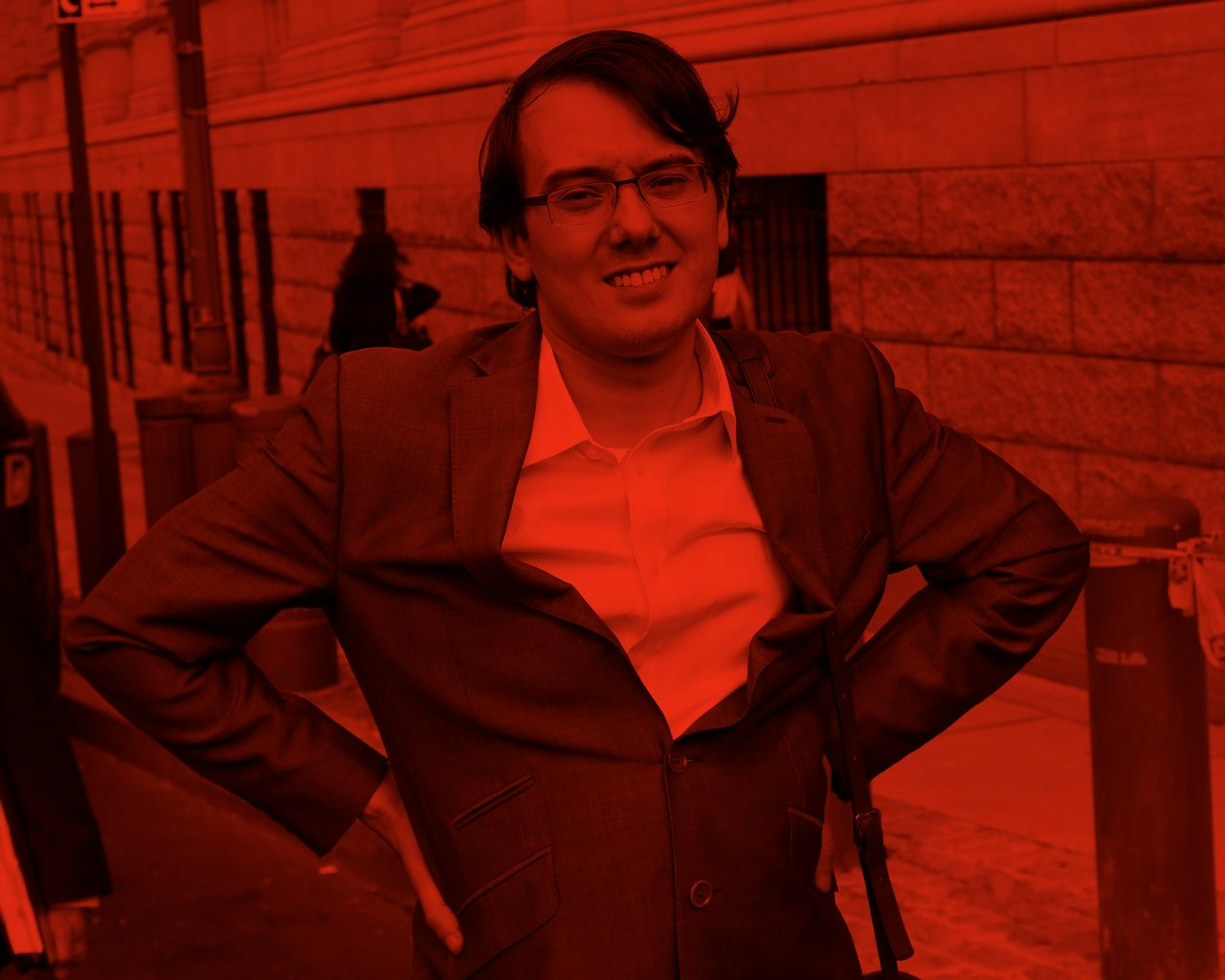This week, America got the dose of schadenfreude it so desperately craves when Martin Shkreli was sentenced to seven years in prison for misleading investors in his hedge funds. During the sentencing, he reportedly cried in court, in the process levying upon himself an additional sentence of one internet news cycle’s worth of public humiliation. Previously, he was also ordered to forfeit over $7.3 million in assets, including $5 million cash, a Picasso original, and the sole copy of the Once Upon a Time in Shaolin, the $2 million Wu-Tang Clan album that he bought seemingly just to piss people off.
Last fall, Bloomberg reported that Shkreli’s Wu-Tang Clan album might not be legit, citing interviews with the managers of artists associated with the Clan, whose clients were led to believe that they were recording verses for a solo record by Cilvaringz, a Dutch hip-hop producer who became a Wu-Tang affiliate in the late 1990s. The report spread like wildfire and began fueling a narrative that Shkreli the fraudster had become Shkreli the defrauded, and that the Wu-Tang Clan album wasn’t a legitimate release.
While very fun, such a view profoundly misunderstands how the Wu-Tang Clan operates. Even in the Clan’s heyday, verses and hooks were recorded piecemeal, and then assembled into coherent albums by the group’s primary producer The RZA, who spent the first five years of Wu-dom controlling the Clan’s output with an iron fist. As the Wu-Tang Clan’s members branched out further into their solo careers, Wu albums became even more disjointed, and if you listen carefully to the quality of the actual recorded verses it can be unclear as to whether or not the Wu-Tang Clan’s members were ever in the same room during the recording process. There have also been numerous records released under the Wu-Tang banner that are of questionable legitimacy — both the 2009 album Wu-Tang Chamber Music and last year’s The Saga Continues were kinda-sorta billed as Wu-Tang group albums, only to be later revealed as “compilations” rather than proper Wu records.
However, the only person who can technically decide that a Wu-related release is an official Wu-Tang Clan album or not is The RZA — legally named Robert Diggs — who since 2009 has been the sole owner of the Wu-Tang Clan trademark, according to US Patent and Trademark Office records. And, sure enough, it was The RZA himself who was hyping the record to Forbes back when Once Upon a Time in Shaolin was announced, saying, “We’re making a single-sale collector’s item. This is like somebody having the scepter of an Egyptian king.” (The Outline has reached out to The RZA’s representatives for comment as to whether or not Once Upon a Time in Shaolin is indeed a full Wu-Tang Clan album and will update this story if we receive a response.)
It’s also important to remember that The RZA has a history of treating the Wu-Tang Clan as his own personal pyramid scheme, getting himself listed as the Executive Producer of Wu-related records and then pocketing a cut of the sales. Raekwon da Chef declared that he was on strike from the Clan during the recording of 2014’s A Better Tomorrow in part because of financial disagreements, both Ghostface Killah and U-God have sued him for unpaid royalties, and having a Gold record didn’t stop Wu latecomer Cappadonna from resorting to driving a cab in the early 2000s. RZA and the other Wu members have been sniping at each other in the press for over a decade, and I’m pretty sure the last time that the entirety of the Clan’s membership was completely happy with a Wu-Tang group album was in 1993, when they put out Enter the Wu-Tang (36 Chambers). To love the Wu-Tang Clan is to be exasperated by The Wu-Tang Clan, and to be in The Wu-Tang Clan is to be exasperated by The RZA.
Really, the idea that RZA might team up with some random Dutch dude to trick the Wu-Tang Clan into recording an entire album, sell the only copy of that album to Martin Shkreli for two million bucks, and then presumably pocket the money, seems about par for the course.

